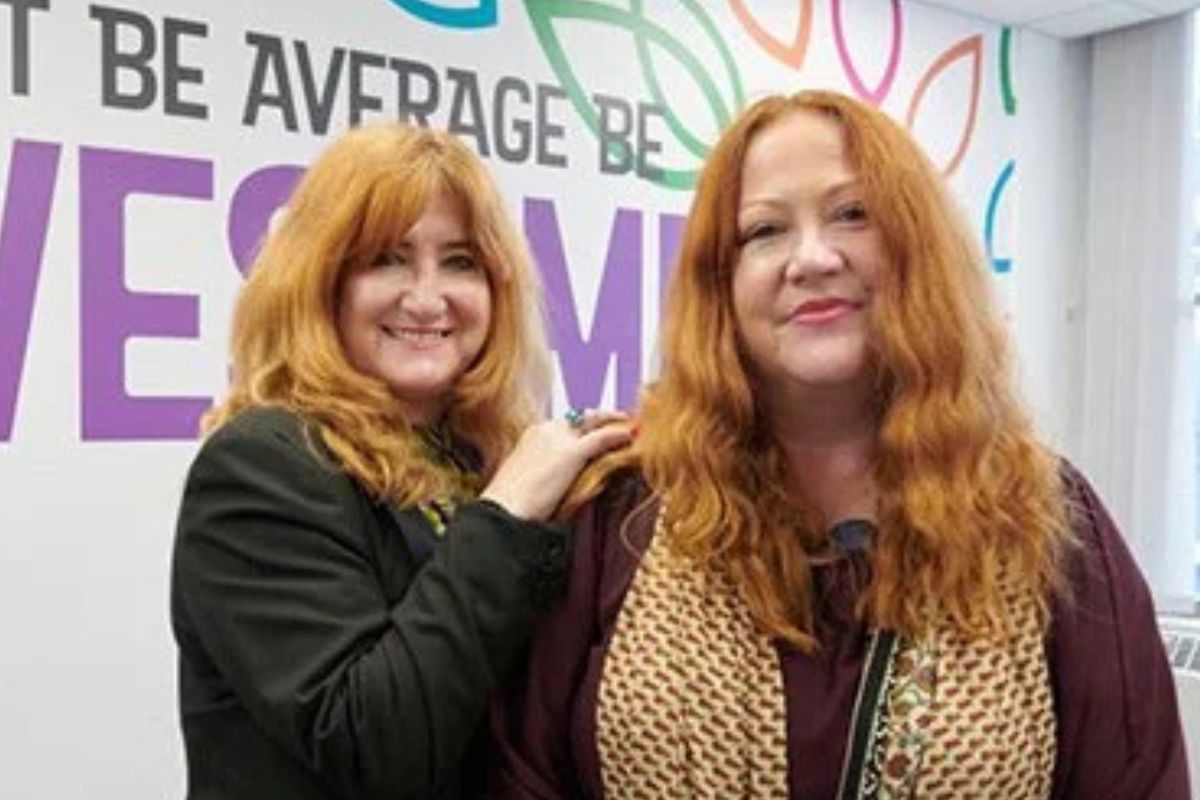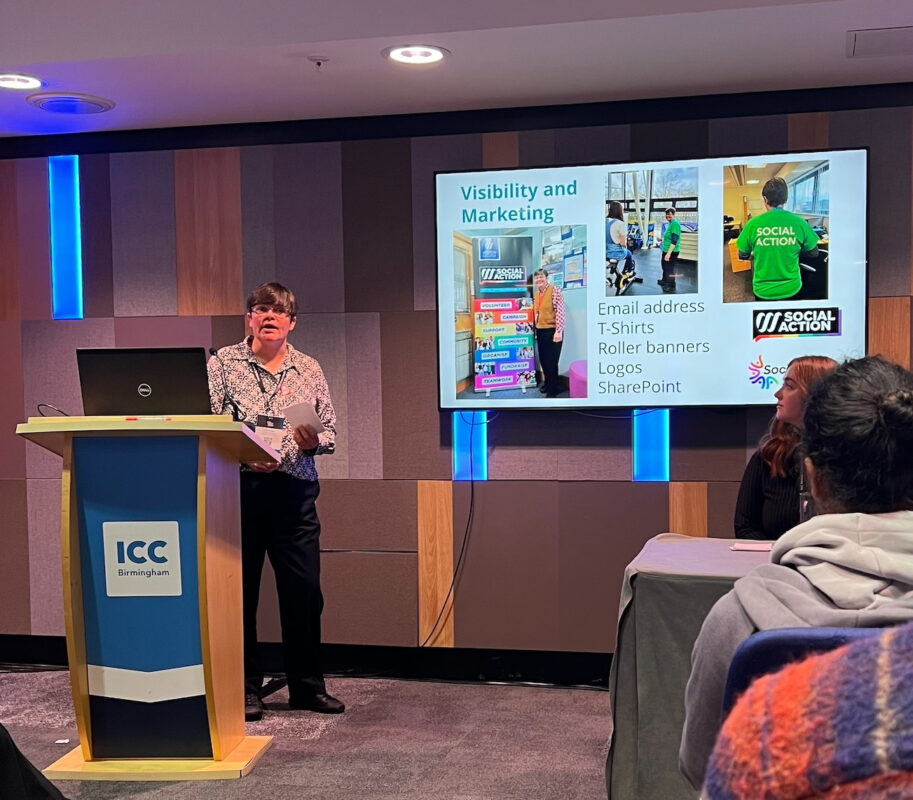Artificial Intelligence and the FE ‘Classroom’ of Tomorrow

As the Chair of Morality and Knowledge in Artificial Intelligence (MKAI) I am acutely aware that Artificial Intelligence (AI) is poised to play a transformative role in FE, especially in vocational learning environments. This shift is not limited to traditional classrooms but extends to diverse settings such as construction sites, automotive workshops, and culinary kitchens. Integrating AI in these spaces demands a sophisticated approach, balancing technological innovation with ethical considerations and the human element in teaching.
Incorporating AI in Vocational Training
The use of AI in vocational training, where practical skills are paramount, presents unique opportunities. AI can personalise learning experiences, adapting to individual skill levels and offering real-time feedback in settings as varied as beauty salons or culinary classes. However, this integration must be navigated with care, prioritising issues like data privacy and algorithmic bias. Such ethical challenges necessitate a nuanced approach, ensuring AI is used responsibly and effectively.
A Human-Centric Approach in AI Integration
At the heart of this technological integration is the reaffirmation of human instructors’ irreplaceable value. AI can provide valuable insights, but it cannot replace the expertise, judgment, and nuanced understanding that educators bring. The future of vocational education sees a harmonious blend of AI and human-led teaching, with educators interpreting and contextualising AI-generated data to enhance learning.
Preparing Educators for the Future
Preparing educators for this AI-enhanced future is essential. This involves not only equipping them with technical skills to utilise AI but also fostering an environment of critical engagement with technology. As educators navigate this landscape, they must critically assess the role of AI in their teaching, aligning it with educational goals and ethical standards.
Insights from an FE Leader
In episode 2 of our podcast series “AI, Leadership, and the Future of Further Education,” I had the pleasure of discussing these themes with my co-host Kurt Hintz, Executive Principal at Capital City College Group. Kurt shared his vision for the role of AI in vocational education, emphasising the importance of a balanced approach that places equal weight on technological possibilities and ethical considerations. His insights provided a valuable perspective on how AI can support, rather than drive, the vocational learning process. You can hear our ‘AI and The Classroom of Tomorrow’ episode here.
Envisioning the vocational classroom of tomorrow, we see AI as a collaborative tool in the educational process, where technology and human expertise combine to create an innovative and ethically sound learning environment. This future classroom is a testament to the evolving role of educators, who embrace AI as a tool for enhancing vocational training while upholding ethical and pedagogical integrity.
By Richard Foster-Fletcher, Chair of Morality and Knowledge in Artificial Intelligence (MKAI)
Richard was part of the FE Collective, FE News’ first-ever event! You can find more information about this event and the report here.











Responses